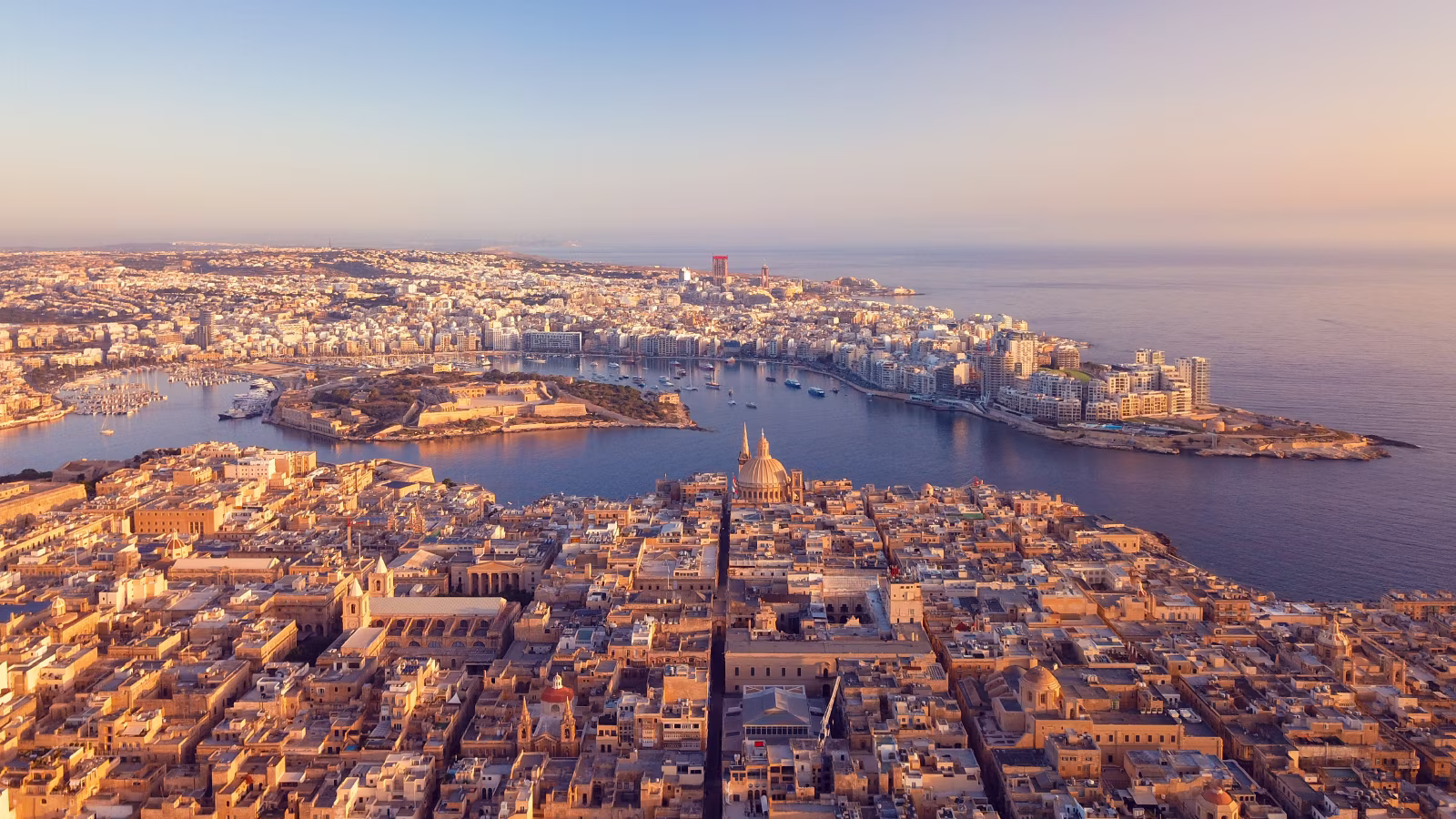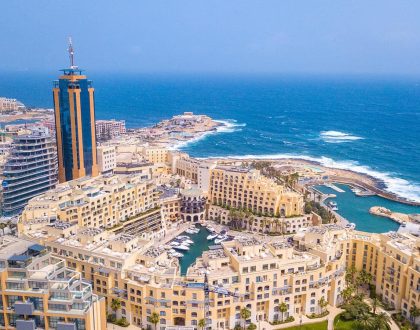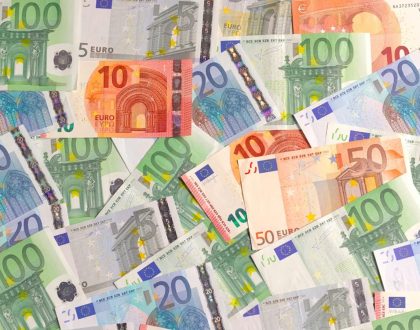Exploring Malta’s Tax Landscape

The intrigue surrounding the concept of a tax haven has captivated not only financial experts and policymakers but even video game enthusiasts who delve into virtual economies like those found in games such as World of Warcraft. In the realm of real-world tax strategies, the term “tax haven” often carries connotations of secrecy and intricate financial maneuvers. Malta, a name frequently associated with this discourse, beckons attention with its breathtaking beaches and rich historical tapestry. However, beyond its natural allure, Malta has also become a focal point in discussions about global financial regulations. The question that lingers: Does this idyllic Mediterranean archipelago genuinely qualify as a tax haven? To discern the intricacies, let’s embark on a journey through the complexities that define Malta’s tax landscape.
Background: Decoding the Essence of a Tax Haven
Before embarking on an exploration of Malta’s tax intricacies, it is essential to grasp the essence of what constitutes a tax haven. Typically characterized by three distinctive attributes – low or negligible tax rates, stringent financial confidentiality laws, and permissive regulations for businesses – these features collectively create a magnetic pull for foreign capital. However, this pull often comes at the cost of potential tax revenue for other nations.
Malta’s Tax Canvas: An Aerial View
Malta’s tax structure traces its roots back to the era of British colonial rule, yet it has evolved in response to the archipelago’s unique requirements. Presently, Malta upholds a corporate tax rate of 35%, which, at first glance, might seem quite substantial. Nevertheless, the unique mechanism of Malta’s tax refund system enters the stage, allowing corporations to reclaim a substantial portion of their paid taxes. Adding a layer of complexity, Malta boasts over 70 double taxation treaties, ensuring that businesses navigating multiple jurisdictions are not burdened with dual taxation on the same income.
Elements Casting a Tax-Haven Hue on Malta
Moderate Corporate Tax Rates
While the initial 35% corporate tax rate could be perceived as steep, Malta’s allure lies in its tax refund framework, capable of reducing the effective rate to as low as 5% for international enterprises. This feature extends an enticing invitation to corporations seeking to optimize their tax burdens.
Adaptable Regulatory Framework
Malta has strategically sculpted a business environment that warmly welcomes foreign enterprises, particularly those operating in the realms of technology and iGaming. The prerequisites for establishing a business presence are notably pragmatic, facilitating swift and efficient entry for new ventures.
Curtains of Confidentiality
For those who consult with Maltese accountants, the nuances of the country’s confidentiality provisions often come to the forefront. While not as impenetrable as the secrecy veils drawn by traditional tax havens such as the Cayman Islands, Malta provides structures that offer a certain level of financial entity confidentiality.
Bounty for Expatriates
Non-Maltese individuals residing in Malta can avail themselves of specialized tax designations that deliver favorable tax rates, enhancing the allure of Malta’s taxation landscape.
Challenging the Notion: Malta’s Tax-Haven Status Under Scrutiny
Transparency in Financial Systems
Malta’s proactive embrace of international transparency and information-sharing regulations reshapes its character as a less suitable harbor for clandestine financial dealings. The country’s agreements for exchanging tax information with numerous nations stand as a testament to its commitment to transparency.
European Union Membership
As a member of the European Union, Malta confronts the imperative to align with the union’s tax directives. The EU’s robust stance against tax havens means Malta must navigate a delicate path, striving to remain compliant while concurrently attracting foreign businesses.
Adherence to International Standards
Aligned with the guidelines set forth by the Financial Action Task Force (FATF) and the Organization for Economic Co-operation and Development (OECD), Malta has undertaken a commitment to international anti-money laundering regulations and tax transparency benchmarks.
Societal Responsibility
A noteworthy facet to consider is that the taxes collected within Malta are not sequestered but rather earmarked for critical sectors such as social welfare, healthcare, and education. This stands in contrast to certain notorious tax havens where public services often suffer from inadequate funding.
Economic Ripples
The economic implications of Malta’s tax policies are multifaceted. On one hand, the hospitable tax environment attracts foreign investment, injecting vigor into the local economy. Conversely, the latent risk of acquiring the label “tax haven” could invite international sanctions or potentially dampen foreign direct investment over the long term.
Case Studies: Enterprises in Malta’s Embrace
Diverse companies, particularly those immersed in online gaming and fintech spheres, have found Malta to be a congenial destination. These industries have contributed to economic expansion and job creation, partially attributable to the country’s tax incentives.
Dissenting Voices: Countries Raising Eyebrows at Malta’s Tax Strategies
Nations such as France and Germany have, at times, voiced reservations regarding Malta’s tax policies, chiefly within the European Union’s discourses. These countries contend that Malta’s system facilitates tax evasion, thereby impacting the tax revenue streams of fellow member states.
Perception from Different Vantage Points
Among the Maltese populace, the economic boost brought by foreign enterprises is largely perceived as positive. Nonetheless, apprehensions concerning the potential repercussions on the cost of living and property values linger. Internationally, Malta’s intricate tax structures often invite skepticism, presenting the country through a prism of complexity.
The Evolution Continues
Recent international scrutiny has spurred Malta to initiate gradual amendments to its tax statutes. These adjustments aim to strike a delicate equilibrium between attracting foreign capital and adhering to international norms, thus navigating the treacherous terrain that separates it from the stigmatized label of a “tax haven”.
In Conclusion: The Maltese Conundrum
While the question persists in its complexity, one fact remains irrefutable: Malta resides within a nuanced realm, skillfully balancing the allure of foreign capital with the obligations stemming from its international commitments. Whether Malta fully fits the mold of a tax haven or occupies a distinct hybrid space is a subject open to interpretation, destined for ongoing evaluation and scrutiny.
Frequently Asked Questions
What defines a tax haven?
A tax haven is characterized by low or negligible tax rates, strict financial secrecy laws, and lenient regulations for businesses. These elements attract foreign capital but can lead to reduced tax revenues for other countries.
How does Malta’s tax system work?
Malta’s tax system involves a corporate tax rate of 35%, but a unique tax refund system allows corporations to recover a substantial portion of their paid taxes. Additionally, Malta has over 70 double taxation treaties to prevent dual taxation on the same income in multiple jurisdictions.
Is Malta a tax haven?
While Malta exhibits features that align with tax haven characteristics, such as low effective corporate tax rates and favorable regulations, it also adheres to international standards for transparency and information exchange. Its European Union membership and commitment to anti-money laundering regulations set it apart from traditional tax havens.
How do other countries view Malta’s tax policies?
Some countries, including France and Germany, have raised concerns about Malta’s tax policies within EU discussions. They argue that Malta’s system could encourage tax avoidance and impact tax revenues in other member states.
What is the economic impact of Malta’s tax strategies?
Malta’s tax policies have led to an influx of foreign investment, boosting the local economy and creating jobs. However, there is a potential risk of being labeled a tax haven, which could result in international sanctions or reduced foreign direct investment in the long run.
Recommended Posts

Malta’s SMEs Concerns Over Economy
October 27, 2023

Malta – €52 Million Deficit in 2023
October 27, 2023

Court criticism of Prime Minister
October 26, 2023
